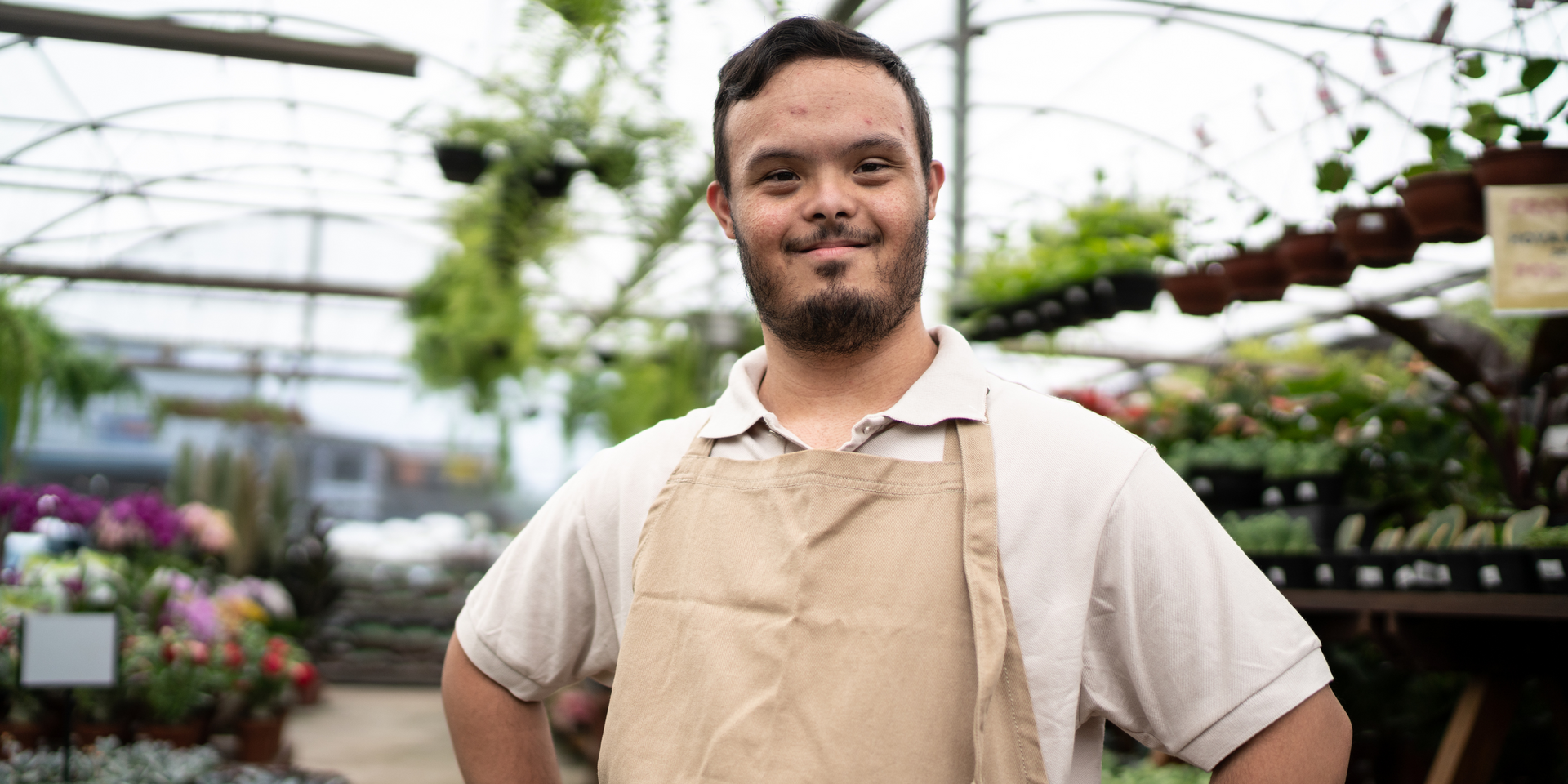Amaroo Parents: Here’s The After-School Care You’ve Been Hoping For
If you live in Amaroo and you’ve got a child with additional needs, you probably know the end-of-school chaos all too well.
That 3pm pickup time? It doesn’t matter that you’re still working, driving, cooking - or just trying to hold it all together.
But what if after-school care didn’t feel like a stressful juggle? What if it felt like a calm, happy space where your child could learn, laugh, and feel safe?
That’s exactly what NDIS-funded after-school care in Amaroo can offer.
Why After-School Support Can Change Everything
It’s not just about babysitting. It’s about building skills, confidence, and connections.
Think of after-school care as a mini-community.
A place where your child can wind down from the school day without overstimulation.
Somewhere they’re seen - not just supervised.
This kind of care isn’t about keeping childs busy.
It’s about giving them a place to be themselves, supported by people who actually get it.
Real Support, Not Just Supervision
Let’s be honest - handing your child over to someone else can feel hard.
Especially when you’ve spent years learning their triggers, calming their meltdowns, and building trust.
But here’s what might ease that weight: NDIS-funded after-school care in Amaroo means you’re not handing over your child to a stranger.
You’re building a team for your child.
Support workers know how to spot signs of sensory overload.
They’ll give your child space when they need it - and a helping hand when it’s wanted.
Some families say the best part isn’t the activities - it’s the way their child's come home calmer, more settled, and ready for the evening.
A Success Story From Amaroo: How A Young Boy Found His Space
A mum, who works casual shifts and doesn’t finish till 5, and also has an eight year boy. For years, she picked him up early, juggling work, guilt, and a tired child who melted down before dinner.
Since joining NDIS-funded after-school care near the Amaroo School Community Garden, everything’s shifted.
She has the right support now for her and her son.

What Does After-School Care Look Like in Amaroo?
In Amaroo, after-school care isn’t one-size-fits-all. Some programs run inside schools. Others use community centres or purpose-built spaces.
- But they all have a few things in common:
- Calm spaces where childs can relax
- Flexible routines to match energy levels
- Support workers who understand NDIS goals
- Fun stuff like gardening, crafts, or visits to Yerrabi Pond
And it’s not just about what happens in those few hours. It’s about what your child brings home - more confidence, better social skills, and a feeling of being part of something.
Not Sure If Your Child Qualifies? Here’s How To Check
If your child is on the NDIS, after-school care could be included in your plan.
It usually falls under Core Supports, especially under "Assistance with Social and Community Participation".
You’ll need to show that it helps with your child’s goals - like building friendships, increasing independence, or learning daily life skills.
Common Doubts (And Why They Make Sense)
You might be feeling unsure. That’s normal.
Maybe you’ve tried mainstream after-school care before and it didn’t go well.
Maybe you worry that the workers won’t know what to do when your child shuts down or lashes out.
Or maybe it’s that voice in your head whispering, "You should be the one there."
Let’s pause there for a second.
You’re not failing by asking for help. You’re creating space - for your child and for yourself. That matters.
Support workers aren’t a replacement for you.
They’re extra voices in your child’s world saying, "You’re safe. You’re supported. You’re doing great."
What Can Children Actually Do After School?
Every provider’s different, but here’s what Amaroo-based care might include:
- Quiet time with books or puzzles
- Group games that build social confidence
- Music, art, or even basic cooking
Some child's might need 1:1 support. Others thrive in small groups. The key is flexibility - and finding what feels good for your child.
What If My Child Has Complex Needs?
Some children need more than routine care.
They might need visual schedules, non-verbal communication tools, or support with medication.
Good NDIS providers in Amaroo know this.
They don’t flinch at different needs.
In fact, many staff are parents or carers themselves.
They understand that every meltdown has a story.
That every quiet moment is still communication.
That connection takes time - but it’s worth it.

How To Get Started
Start with your NDIS plan. Then chat with your support coordinator. Ask them:
- Is after-school care already in my plan?
- If not, can we request it at my next plan review?
- Which Amaroo providers are known for being supportive?
Then, go visit. See the space. Talk to the workers. Bring your child if you can.
You’ll know if it feels right. Trust your intuition.
And if it doesn’t? That’s okay too.
There’s no pressure to force something that doesn’t feel safe.
An Early Start Can Make Things Easier
A lot of families wait until they’re burnt out to ask for help.
But you don’t have to hit crisis point.
After-school care isn’t just about covering a gap.
It’s about giving your child more life. More connection. More joy.
And giving you a break that recharges you.
Ask Aria: Your Amaroo Care Connector
Feeling overwhelmed? That’s normal.
Aria is here to help you sort through it all.
From NDIS paperwork to finding the right provider, she’ll guide you through step by step.
Let Your Child Grow - Even When You’re Not There
Your child deserves more than a holding space.
They deserve connection. You deserve peace of mind.
Amaroo has the people and places to make it happen.
Just For Fun Before You Go
Why did the child bring a ladder to school?
Because she wanted to go to high school!

